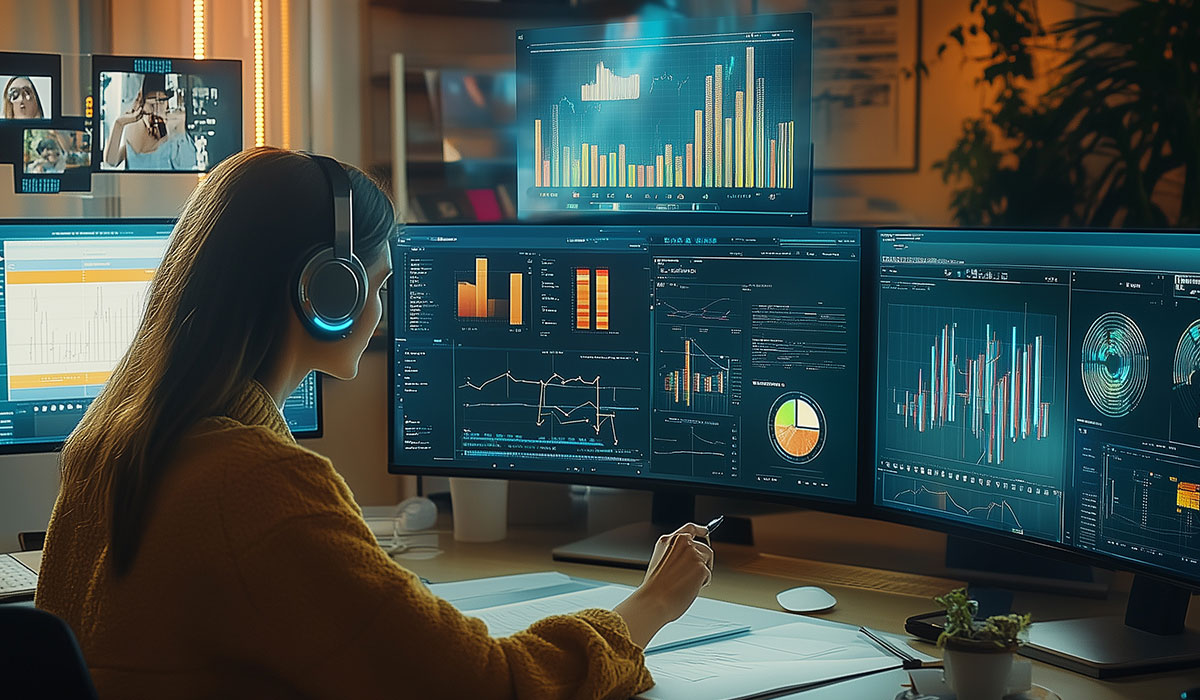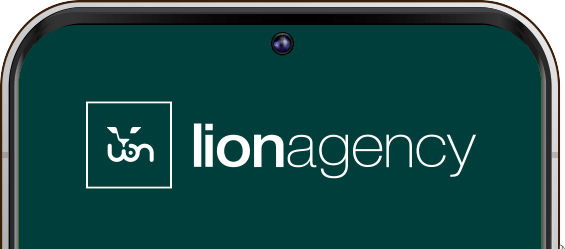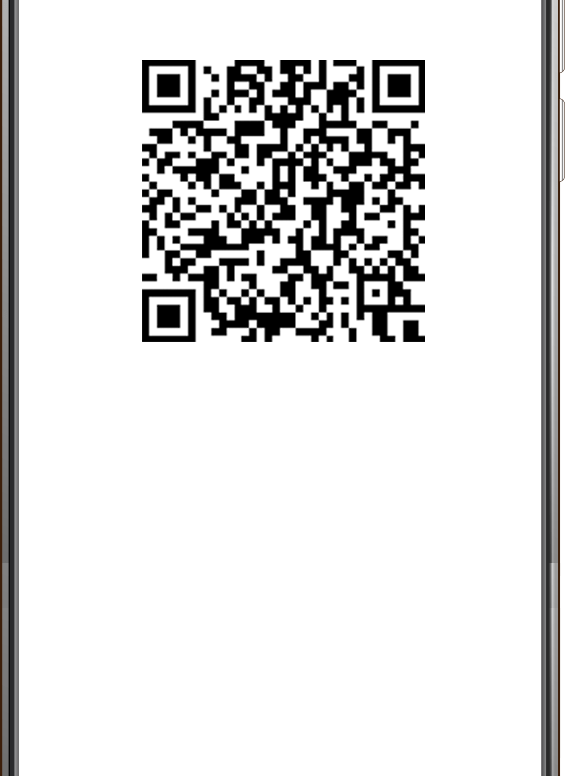Ten years ago, artificial intelligence still sounded like something out of a sci-fi movie. Meanwhile, some of my clients were already asking me to lead the communication strategy for robotic process automation. It was the early days, and before we could even talk about selling, we had to educate. It was new, unfamiliar territory.
Ten years ago, artificial intelligence still sounded like something out of a sci-fi movie. Meanwhile, some of my clients were already asking me to lead the communication strategy for robotic process automation. It was the early days, and before we could even talk about selling, we had to educate. It was new, unfamiliar territory.
A few years later, NLP—Natural Language Processing—landed right in our pockets, better known as Siri. That’s when I realized we were on the edge of a revolution. The second one I’d live through. The first? The birth of HTML, which turned the world of print communication upside down. And now, it’s AI’s turn.
Our first project using artificial intelligence was a pitch for HBO MAX. It was 2018, and their marketing team was looking for a creative way to present programming to signal distributors across Latin America. We pitched MAXI, a chatbot that could speak with users and display content on screen—powered by NLP. It was ahead of its time, and as often happens with innovation, the project didn’t move forward.
Today, we live in a completely different reality. In just a year, AI has reached every corner of every industry—and of course, marketing, communication, and design were never going to be the exception.
Smart tools now create content, images, videos, even edit for us. In a matter of months, creativity seems to have been compressed into a prompt. The most “creative” person today? Often the one who writes the best prompts. And that brings up the question we’re all facing: Do we love AI? Or are we starting to resent it? Are we becoming artificial versions of ourselves?
Here’s where I’d like to introduce a new idea: Organic Intelligence.
What’s Organic Intelligence? It’s the irreplaceable creative instinct of the human mind.
Where Artificial Intelligence ends, Organic Intelligence begins.
In this new landscape, the human brain still has to work through and elevate what AI produces—to bring quality and originality. Because if we all settle for the first output AI gives us, we’ll all end up saying the same thing. Same ideas. Same campaigns. No impact.
I had a moment that truly stopped me. A law firm once showed me a campaign video they made with AI. A lawyer producing content, no less! And if it hasn’t happened to you yet—it will. Brace yourself… and the smug look that comes with: “I don’t need you anymore.” But of course, the pacing was off, the brand name in the closing shot used the wrong colors, and the font? Classic (read: boring) Times New Roman. What was missing? That human touch. The Organic Intelligence that turns a generic video into a tailored brand asset.
At Lion, we define ourselves as Creative Thinkers working with AI—which is really just Organic Intelligence applied to Artificial Intelligence. And that’s the real challenge we’ll be facing in the years ahead:
How can we use AI to boost productivity, without falling into the trap of mediocrity that comes from accepting whatever it spits out?
Remember this: AI speeds things up. Organic Intelligence makes them matter.
Join the challenge of creating with purpose—and doing it intelligently.




